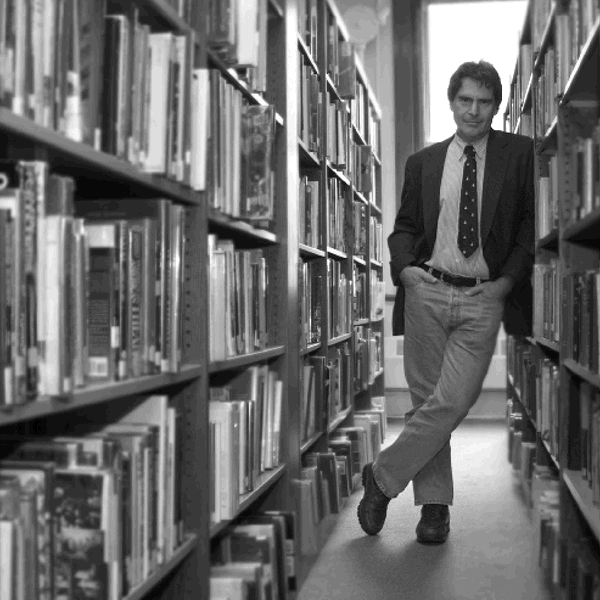Well I stepped into an avalanche, It covered up my soul; When I am not this hunchback that you see, I sleep beneath the golden hill. You who wish to conquer pain, You must learn, learn to serve me well. —from "Avalanche," Leonard Cohen
Esteemed Reader of Our Magazine:
I've been thinking about God. The question has been brought to the fore because my children are at an age when they are beginning to ask challenging questions, and trying on different ideas of God and the divine. I'm going along for the ride with them, and inquiring with as much freshness as I can muster.
The boy who will soon become a Bar Mitzvah is particularly confused, because the G-d of the Torah comes across to him as an unkind tyrant. He finds the character portrayed in the old story to be cruel and vindictive—not attractive to the boy's gentle disposition. He's wrestling with the notion, which seems right. In the old story, the patriarch Jacob wrestles through the night with an angel who, at dawn, gives him a new name—Israel, "he who struggles with God."
All I can do is watch the boy do his best with the mythology. Though I have a sense of deeper meanings, I also remember a conversation with the Sufi master Bahaudin Naqsbandi. Someone said to him: "You relate stories, but you do not tell us how to understand them." He replied, "How would you like it if the man from whom you bought fruit consumed it before your very eyes, and left you only the skin?"
We recently had the privilege of hearing local Gospel singer Rene Bailey. There was a quality about her that I've only encountered one or two times before. She had enthusiasm in the full sense of the word, which means "God comes in" (from the Latin, en theos). The effect was pronounced because Ms. Bailey is elderly—she needed help climbing the steps to the stage—but when she began to sing there was a force and faith that seemed to come through from somewhere beyond herself.
Almost every song Ms. Bailey sang was about God, and she was really inside the songs, embodying every word of praise, petition, supplication, and gratitude to Jesus and His Father. For me the effect was to feel addressed at a level of my own being with which I am not generally in contact. I was surprised to feel myself weeping during every rendition. Why? I don't know. There was a hint of remorse, feeling separated from something very deep, and with an equal portion of joy at being touched in this way.
Now Lord don't move my mountain / But give me the strength to climb, she sang; again this sense of the value of struggle with weakness and resistance—struggle as an accepted mode of being.
I'm reminded of the 23rd psalm of David, which is so rife with significance. Who is this Lord that restores my soul, comforts me with his rod and staff, anoints my head with oil and overflows my cup; who sets a table before my enemies, and is beside me in the valley of the shadow of death? The promised help from within seems to be in the direction of being able to bear hard work and suffering to produce a result beyond either side of the conflict.
Every culture has a concept of God, a something unknowable, invisible, even if represented in words or forms, something beyond this world. All of them—eastern, western, northern, southern—make clear that God transcends the dualities of inner and outer, self and other. If any "thing" God is the totality, one without a second, the whole schmear. God is not the sum of parts. God is one, echod, and that One is not apart from anything. It is a unity that is unfathomable from the perspective of the parts.
The inner traditions, particularly those gnostic as subscribed to by the likes of Leonard Cohen, suggest that the One that is God lives, as it were, at the heart of every apparently separate being or thing. At the level of this heart of hearts all is one. It is only at more superficial levels of being that we suffer the illusion of egoic separation. It is the ego that is "the hunchback you see" while the God-part of each being sleeps "beneath the golden hill."
The question I ask myself: Can I seek to see God in any person, and any being that enters into my sphere of awareness? Can I, particularly when separation or even antagonism is pronounced, recognize that beneath the layers of muck that comprise personalities, strive to inquire in the direction of God in another person, and in so doing make contact with the question of God in myself?

















